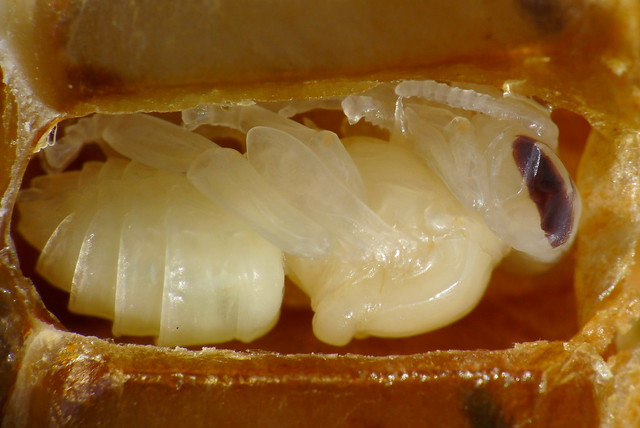we do know some of the benefits of honey.
Their food.
Yet we feed them sugar?
Am I making any sence?
Of course you're making sense: health-conscious human beings opt for honey instead of refined sugar precisely because of it's health benefits - and yet we feed the bees that which we ourselves shun - and whilst doing so, have the audacity to claim that it's actually better for the bees than honey.
But - I would simply ask the question: "would anyone keep bees, if there wasn't at least the prospect of harvesting some surplus honey at the end of the season." I rather suspect that no-one would.
The basic problem for many is a need to feed during the season, with this need being caused by a paucity of continuous forage. In my locale there is a glut of feed whilst the OSR blooms ... and then nothing very much, just a trickle of nectar from village flowers, flowering weeds etc. There are no extensive hay fields anymore with their clovers and vetches - these have been replaced by sugar beet, cereals, brassicas, potatoes and so on. Even the few grassland areas which still exist around here are used to make silage.
As much as I would personally like to keep bees as naturally as possible, this can only ever take place within a 'natural' landscape, and by that I mean one in which substantial quantities of nectar-bearing plants bloom right throughout the nectar-gathering season.
Unless, or until such conditions return, there will sadly continue to be a need to feed at least some supplementary sugar to bees. Wish it were otherwise.
LJ



















































